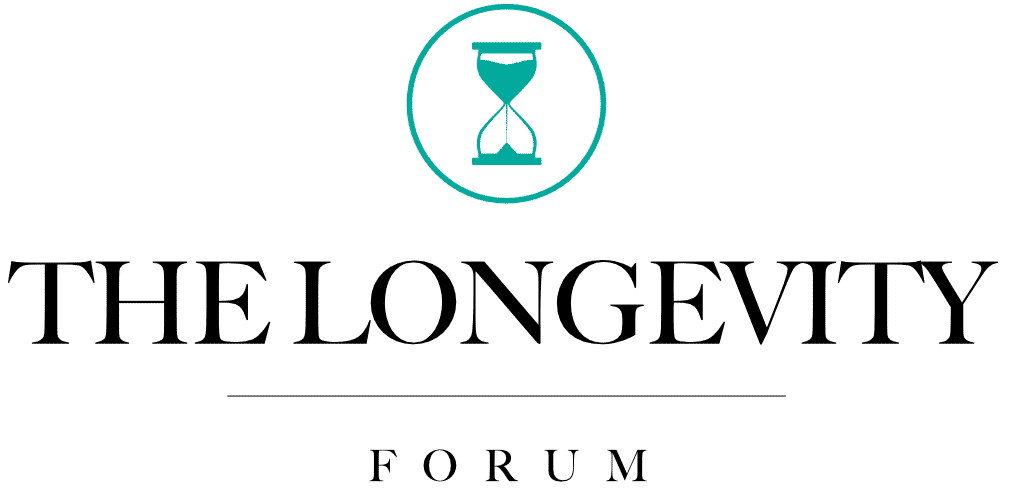Six years ago, Al Chalabi and I published a book called “Cracking the Code”, which was a description of the biotech industry as it then was. Next year, the second edition of our most recent book, “Juvenescence”, describing the science of longevity, will appear in (at least some) book shops.
Since we wrote “Cracking the Code”, a remarkable amount of science has quietly inserted itself into the canon. Examples include the discovery of a cure for Hepatitis C, the development of immunotherapies in oncology, the use of AI for the discovery of novel compounds and most importantly, the discovery of CRISPR Cas 9 as a tool for gene editing.
The fact that these advances have occurred in six short years gives me amazing hope that the next few years will be even more important.
And the area of bioscience where the most remarkable advances are/will occur is in the extension of healthy lifespans for we humans.
At long last, the aspiration of an ultra-long live, way beyond the biblical three score years and ten, is being caught up by the rapidly advancing science of biogerontology.
My colleagues and I at the company Juvenescence, which has raised substantial early funding, are convinced that life expectancy for the average human will relatively soon go beyond 100 and advance to at least 110-120 within three decades.
Yes, we are aware that in the US and in the UK, in particular, the post war gains in life expectancy (typically three months per decade) have stalled.
But this is temporary.
The reason we can say this is that the means to fundamentally alter or tweak our biological structures is now here.
Up till now, all gains in life expectancy (approximately a doubling in the past century for people in developed nations) have occurred as a result of environmental improvements. Such things as better sanitation, less manual labour accidents, improved infant mortality, antibiotics and better nutrition have all contributed this far.
But this low hanging fruit has largely been picked.
It is true that the Deadly Quintet (cardiovascular disease, cancer, respiratory disease, dementia and diabetes and obesity) which are what, combined, kill most of us, are for the most part (with the exception of dementia) being successfully and progressively being addressed. That in itself will improve average life expectancy but will not increase the mean age of death.
That is going to come as a result of treatments that are currently under development, some of which are already in human trials.
The first wave of such treatments centre on small molecule drugs such as rapamycin (adapted to humans in the form of rapalogs), senolytic drugs (which remove senescent cells, which are responsible for most inflammation), metformin (an old diabetic drug which is generic), and a raft of others are in various stages of development.
All of them appear to increase the average lifespan of mammalian species, and importantly, to restore robustness. As a result, the conventional wisdom that we are destined to be “illderly” in old age may be supplanted in due course by a perception that our latter years might be characterised by “wellderliness”.
Coming behind this wave of pharmacological interventions in key aging pathways are such things as stem cells, gene therapies, organ transplantation from animals into humans and tissue regeneration.
None of those are science fiction, and all of them will play a part in making us live to hereto unimagined averages. First 100, which is already a lot less noteworthy than it was just twenty years ago (there are presently 18,500 centenarians in the UK, compared to 24 a century ago).
Then 110-120.
Then of course, the current “glass ceiling” of 122 (the oldest age at which a properly recorded human died, Madame Jeanne Calment in 1997) will be breached.
I am sure that the first person to live to 150 is amongst us.
This will change everything. We will awake each morning to a metaphorical 36 hours rather than 24 hours.
In an age of automation, we will need to be continuously retrained, pensionable ages will have to rise dramatically, patterns of consumption will change and the idea that we are born, learn, earn, burn out, retire and expire will be a thing of the past.
The pension industry will become even more important, but it will have to recognise the change in its client base and adapt accordingly.
By Jim Mellon
August 2018






